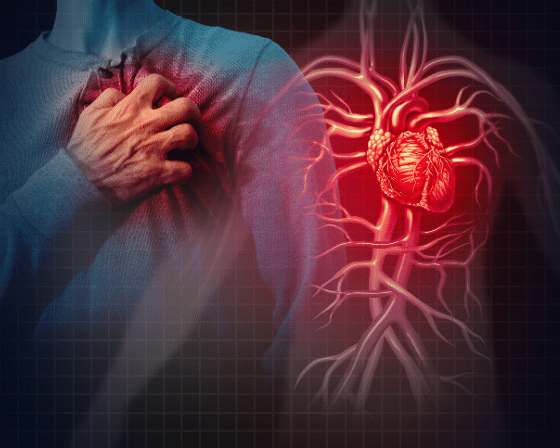Energy drinks have surged in popularity, especially among young adults and athletes, who often seek quick boosts in energy and performance.
However, these beverages come with a host of negative health effects that warrant serious consideration.
Cardiovascular Problems
One of the most alarming impacts of energy drinks is their effect on cardiovascular health. Studies have shown that consuming these drinks can lead to increased heart rate and elevated blood pressure.
In extreme cases, individuals have experienced serious cardiac events, including ventricular arrhythmias and even heart attacks.
Reports indicate instances of cardiac arrest linked to energy drink consumption, particularly among young people, raising concerns about their safety.
Nervous System Disorders
The high caffeine content in energy drinks can lead to various nervous system issues. Regular consumption may result in anxiety, restlessness, and insomnia.
The combination of caffeine with other stimulants, such as guarana and taurine, can amplify these effects, leading to heightened feelings of jitteriness and agitation.
Additionally, some users have reported severe side effects like hallucinations and mood swings after consuming these drinks.
Risk of Addiction
The stimulating properties of energy drinks can lead to dependency. Many users find themselves relying on these beverages for daily energy boosts, which can result in withdrawal symptoms such as headaches, fatigue, and irritability when not consumed.
This cycle can perpetuate increased consumption and heighten the risk of adverse health effects.
Metabolic Issues
Energy drinks are often loaded with sugar, contributing to metabolic problems such as obesity and type 2 diabetes.
The high sugar content can lead to insulin resistance and increased blood sugar levels, posing significant risks for individuals with pre-existing conditions.
Furthermore, the diuretic effect of caffeine can exacerbate dehydration risks during physical activities.
Mental Health Concerns
The psychological effects of energy drinks extend beyond anxiety and mood swings. Some studies have linked their consumption to increased rates of depression among adolescents.
The temporary boost in energy is often followed by a crash that can leave individuals feeling more fatigued than before, creating a cycle of dependence on these beverages for mental alertness .
Dangerous Mixing with Alcohol
A particularly concerning trend is the mixing of energy drinks with alcohol. This combination can mask the intoxicating effects of alcohol, leading individuals to consume more than they normally would.
Research indicates that those who mix these beverages are more likely to engage in risky behaviors, including binge drinking and impaired driving.













